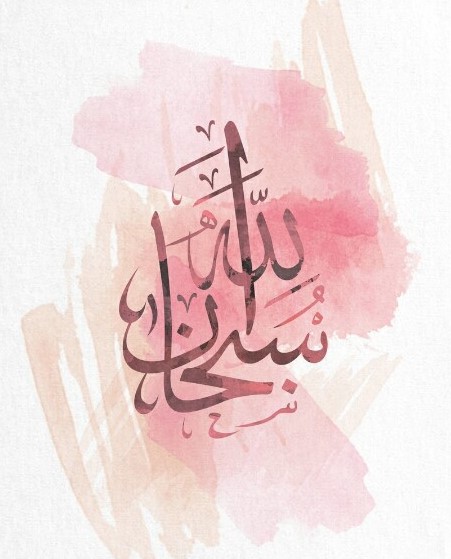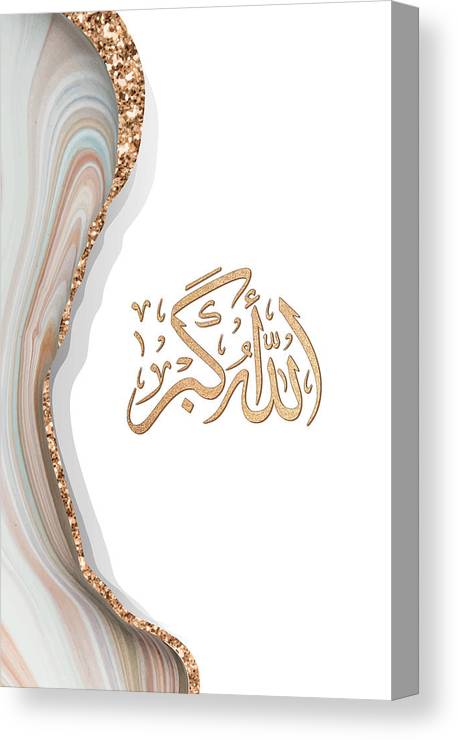 Ibn al-Jawzī (raḥimahullāh) writes:
Ibn al-Jawzī (raḥimahullāh) writes:
“It has been said that the example of the 12 months is like the children of Yaʿqūb (ʿalayhis-salām): Ramaḍān is like Yūsuf (ʿalayhis-salām), while the remaining months resemble his brothers. Just as Yūsuf was Yaʿqūb’s most beloved child,
Ramaḍān is likewise Allah’s most beloved month
Reflection 1:
From his mercy and compassion, Yūsuf forgave his brothers and said, ‘There is no blame on you today’ (12:92).
Ramaḍān is likewise the month of compassion and mercy
It is a month of blessings, goodness, freedom from the Hell-fire, and forgiveness from the All-Powerful King.
Reflection 2:
The brothers of Yūsuf (ʿalayhis-salām) came to ask him if he could remedy their situation. Subsequently, Yūsuf (ʿalayhis-salām) treated them with kindness and was hospitable to them. He provided them with food and told his servants: ‘Put their (traded) goods back into their saddlebags, so that they may recognise them when they go back to their family, and perhaps they may return’ (12:62). Thus, one person remedied the shortcomings of eleven others.
Likewise, the month of Ramaḍān is one month that remedies our shortcomings and deficiencies of the other eleven months
Reflection 3:
Yaʿqūb (ʿalayhis-salām) had eleven sons who were living with him and whose actions he would see at all times. However, his eyesight did not return due to any of their clothing. Instead, it returned due to Yūsuf’s shirt.
Likewise, if the sinner smells the scents of Ramaḍān, sits with those who remind him of Allah, recites the Qur’ān, and avoids backbiting and vain talk, he will be forgiven after being a sinner. He will become close after he was far. His heart which was previously blind, will now have the ability to ‘perceive’.
Throughout his entire life, he will be granted tawfīq (divine providence) to obey Allah, and in his last moments, his soul will be extracted gently from his body. When he eventually meets Allah, he will be blessed with forgiveness and lofty ranks in Paradise.
So, by Allah, take advantage of this blessing during these few days; and you will soon see endless blessings and a very long period of rest and relaxation, Allah willing.” (Adapted from Bustān al-Wāʿiẓīn)
Taken from livewithallah.com
“The nature of the Ahlullaah (friends of Allah) is like that of fragrance which floats in the atmosphere due to which all those around cannot help but be perfumed.”
 “
“ If we wish to be successful on the Day of Judgement, then in this world we must develop a sound heart (qalb salīm).
If we wish to be successful on the Day of Judgement, then in this world we must develop a sound heart (qalb salīm). Journeying to Allah is impossible without taking His beloved ﷺ as a guide on this journey
Journeying to Allah is impossible without taking His beloved ﷺ as a guide on this journey Ibn al-Jawzī (raḥimahullāh) writes,
Ibn al-Jawzī (raḥimahullāh) writes, Ibn al-Jawzī (raḥimahullāh) writes:
Ibn al-Jawzī (raḥimahullāh) writes: Quotes to reflect upon in times of grief and hardship…
Quotes to reflect upon in times of grief and hardship… The secret of the Ṣalāh, its soul and core is the slave’s turning to Allāh in totality whilst in the prayer. Therefore, just as it is not befitting that he turns his face away from the Qiblah to other than it during the Ṣalāh, it is likewise not befitting to turn his heart away from his Lord to other than Him during the Ṣalāh.
The secret of the Ṣalāh, its soul and core is the slave’s turning to Allāh in totality whilst in the prayer. Therefore, just as it is not befitting that he turns his face away from the Qiblah to other than it during the Ṣalāh, it is likewise not befitting to turn his heart away from his Lord to other than Him during the Ṣalāh. Allah has sworn an oath by the pen in the Qur’an (Surah Qalam, verse1) and all great tasks are accomplished by pen.
Allah has sworn an oath by the pen in the Qur’an (Surah Qalam, verse1) and all great tasks are accomplished by pen. Do our hearts tremble with fear after doing good deeds?
Do our hearts tremble with fear after doing good deeds? Each time we utter this phrase let us remind ourselves of the greatness of Allah and say: Allah is Greater than us, greater than our desires, greater than our loved ones, greater than our hobbies, greater than the most powerful armies and empires, greater than everything.
Each time we utter this phrase let us remind ourselves of the greatness of Allah and say: Allah is Greater than us, greater than our desires, greater than our loved ones, greater than our hobbies, greater than the most powerful armies and empires, greater than everything.